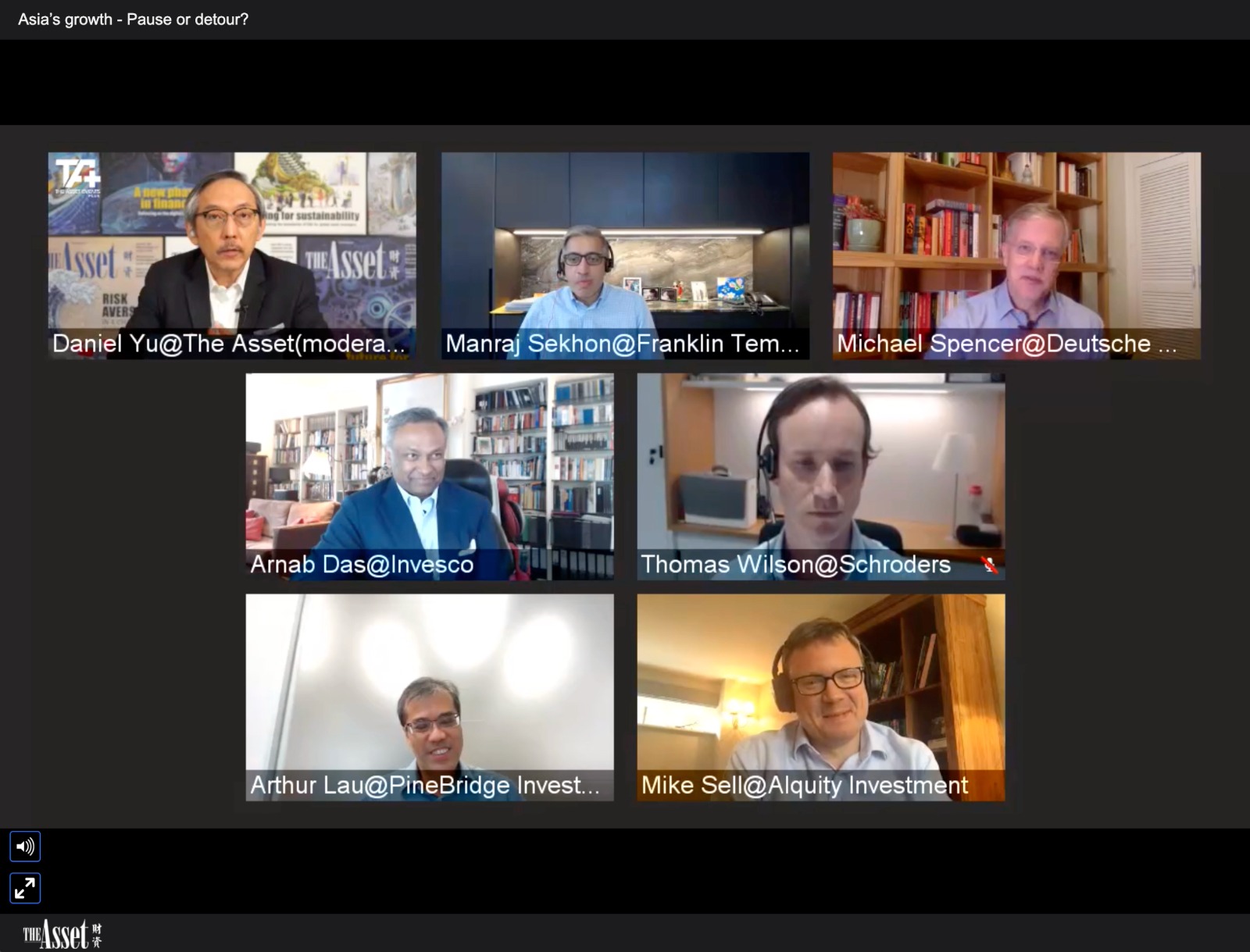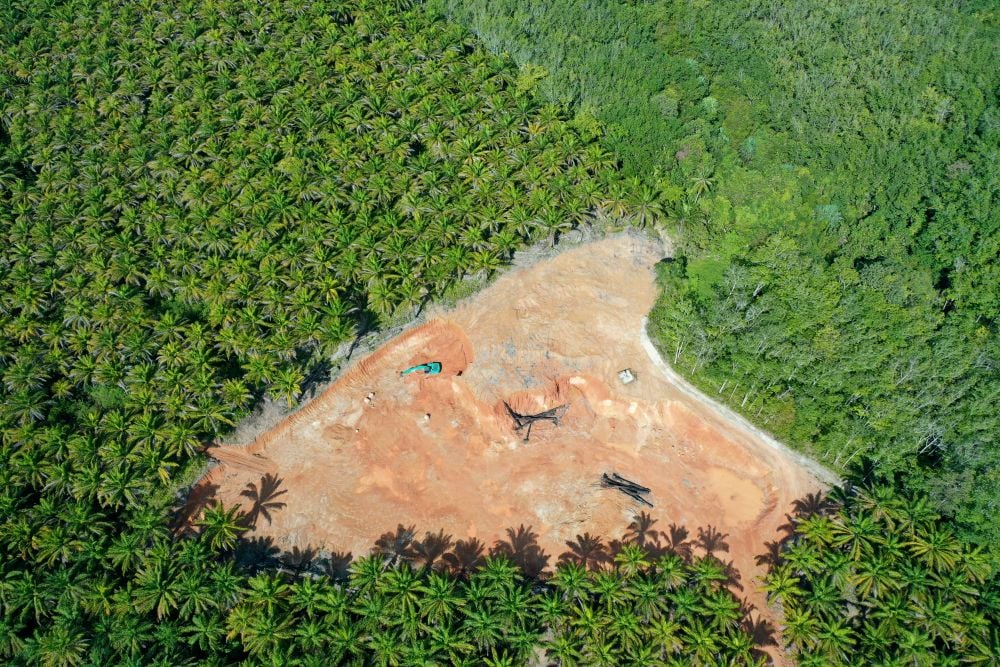Covid-19 is leading to a sharp bifurcation in Asia between countries that were able to contain the virus and those struggling to flatten the infection curve, and how investors view the emerging opportunities in the different markets.
At The Asset Events+ webinar entitled “Asia’s growth: Pause or detour?” organized in association with Deutsche Bank, the bank’s chief economist for the Asia-Pacific region, Michael Spencer, painted a picture of economic divergence as some economies manage the Covid-19 crisis better than others. “In the next couple of years, the growth divergence between China and the major advanced industrial economies is going to be wider than we thought it would be when we entered this year,” he says.
Within Asia, Spencer expects to see regional inequalities growing, especially in those North Asian economies predicted to have higher economic growth compared with their Southeast Asian and South Asian neighbours. “As income inequalities get worse and worse, there will be greater dissatisfaction with governments that have been unsuccessful in containing the Covid-19 outbreak,” the economist warns.
The implications of how governments and companies respond to the Covid-19 crisis will weigh heavily on investor sentiment. “The pandemic has changed a lot of behaviour,” shares Arthur Lau co-head of emerging markets fixed income and head of Asia ex-Japan fixed income at PineBridge Investments. “For some companies, their balance sheets will be damaged or even destroyed after the Covid-19 pandemic. We are going through a pause due to some sectors going through a fundamental change in the way they do business.”
But at the same time, some companies may take a detour and focus more on digital channels, Lau notes. “We are looking at the best-of-class assets, whether it be sovereigns, corporates or banks,” he adds. “We need to understand what their business models will be over the next two to three years.”
The Covid-19 pandemic has also brought a focus on the need for diversification, not only of supply chains, but of investment strategies as well. As trade and investment barriers continue to be erected, some investors are approaching this as an opportunity.
“As a global investor one would want to put one’s eggs in different baskets because with these choices, and the trade/investment barriers that are going up, it suggests that divergences will continue,” argues Arnab Das, global market strategist at Invesco. “We’re going to have different economic cycles to some degree and different growth models around the world. If there is a silver lining in this trend of deglobalization to me, it would be that we would have more diversity and, therefore, more benefits from diversification.”

Despite ongoing headwinds and rapid changes in the global economy, markets like China and Vietnam are expected to maintain their economic growth momentum with positive economic numbers in 2020.
“If you look at the e-commerce space in China, it’s more than what it was before,” observes Manraj Sekhon, chief investment officer for emerging markets equity at Franklin Templeton. “So, the level of normalization in China is far more rapid than a lot of people would have expected. We are clearly seeing a V-shaped recovery in China.” In particular, Sekhon highlights the fact that China, interestingly, has done less fiscal expansion compared with other countries.
In contrast, countries like India are still reeling from the devastating impact of the pandemic. The country’s Q1 2020 GDP is expected to contract by 25% compared to Q1 2019. This has made some investors cautious when looking at the sub-continent.
“We always find the India market relatively expensive,” states Thomas Wilson, head of emerging markets equities at Schroders. “For us, it’s a persistent underweight. We think there is a medium-term structural growth opportunity, but it’s probably priced too high.
“There is still a degree of uncertainty for us when looking at India. Even if you have seen various positive reform initiatives by the Indian national and state governments, the country is still a difficult place to do business. There are still issues around land and labour.”
Nevertheless, some investors are still excited about India’s potential, and the other markets in Asia that rely heavily on domestic economic activity. “There are actually pockets of value in India with companies that benefit from the rural growth,” says Mike Sell, head of Asian investments at Alquity Investment Management. “I also think the domestic story has been ignored in some areas in Asia, particularly in Indonesia. That story can be catalyzed through something that we have not talked about a lot, which is reform.”
As the Covid-19 pandemic continues to spread rapidly in several Asian markets, investors need to be aware of the everchanging risks resulting from this health crisis. Spencer predicts: “Inflation is going to be a significant risk in 2021 and 2022 as restrictions on supply collide with government efforts to stimulate demand.”
For more information about the virtual event hosted by The Asset Events+ please go here.









